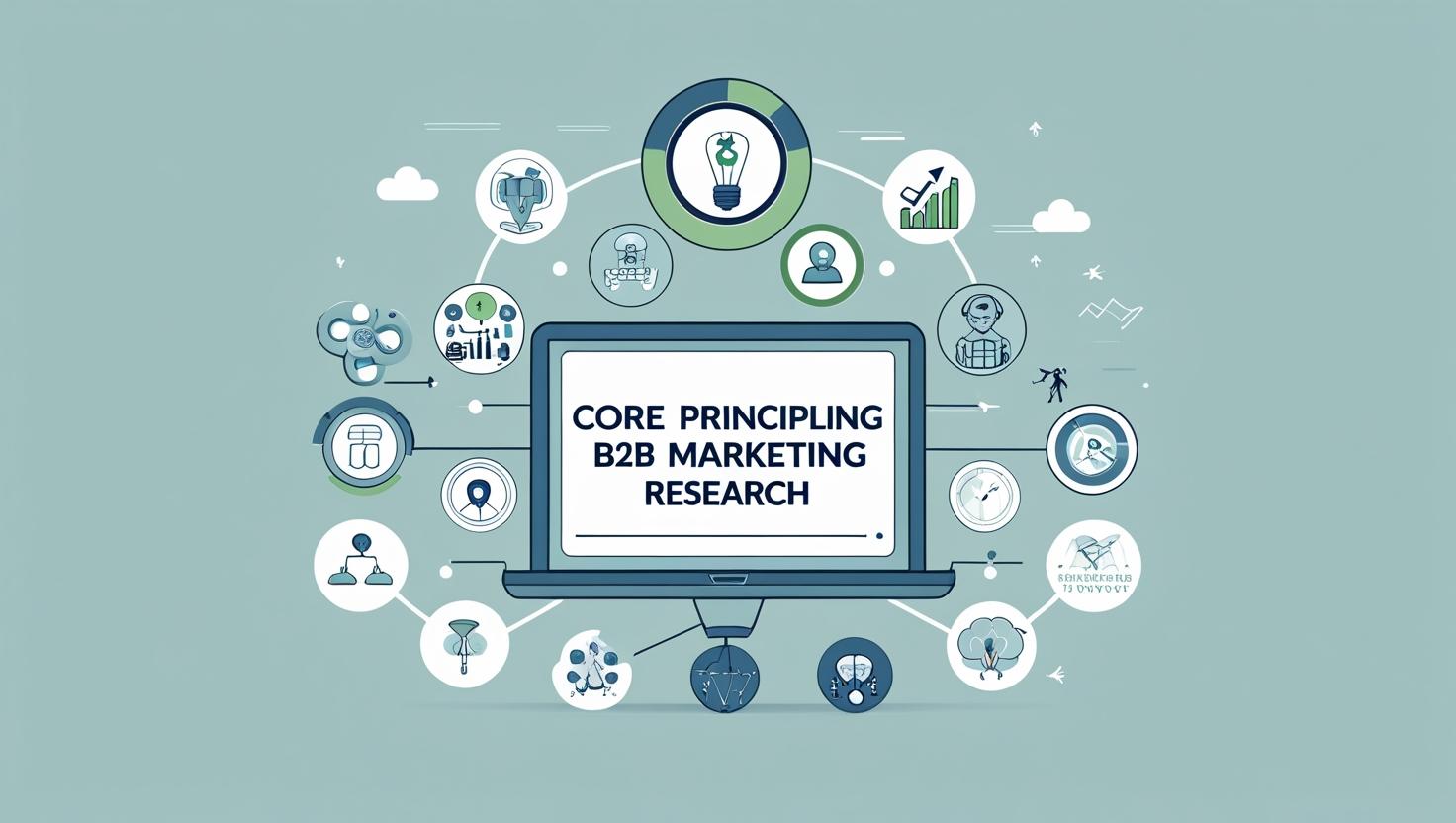In an increasingly complex and competitive marketplace, B2B marketing research has become a cornerstone of strategic planning. It enables organizations to make informed decisions, uncover market opportunities, refine messaging, and strengthen customer relationships. While B2B research shares similarities with its B2C counterpart, it requires a more nuanced approach due to longer sales cycles, complex decision-making units, and highly specialized products or services.
This article explores the core principles of B2B marketing research and its strategic value in driving business success.
1. What is B2B Marketing Research?
B2B (business-to-business) marketing research is the process of gathering, analyzing, and interpreting information about businesses, markets, and buying behaviors. Unlike B2C research, which focuses on individual consumers, B2B research targets organizations as customers—each with unique structures, needs, and purchasing processes.
It addresses critical questions such as:
- Who are our ideal business customers?
- What drives their decision-making?
- How are our competitors positioned?
- What trends are shaping the industry?
2. Core Principles of B2B Marketing Research
a. Targeted Audience Profiling
Understanding B2B buyers requires in-depth profiling of organizations and the roles within them. Research must consider:
- Company size, industry, and structure
- Key decision-makers (e.g., procurement, finance, C-suite)
- Buying cycles and evaluation criteria
b. Relationship-Driven Insights
B2B purchasing decisions are influenced by long-term value, trust, and risk mitigation. Research should focus not just on transactional needs, but also on building relational intelligence—how businesses form partnerships and what sustains them.
c. Customization & Complexity
B2B offerings are often tailored, making one-size-fits-all research ineffective. Methodologies must adapt to:
- Niche markets and specialized language
- Custom pricing models and long-term contracts
- Multistakeholder input from buyers
d. Qualitative and Quantitative Balance
While surveys and data analytics are important, qualitative methods like in-depth interviews, expert panels, and focus groups are essential for unpacking complex motivations and strategic priorities.
3. The Strategic Value of B2B Marketing Research
a. Market Understanding & Segmentation
Accurate research enables businesses to identify high-potential segments, assess market size, and forecast demand. This supports more precise targeting and positioning strategies.
b. Product Development & Innovation
Feedback from real-world users informs product design, feature prioritization, and roadmap planning. Research also identifies unmet needs that can lead to new offerings.
c. Competitive Differentiation
By evaluating competitors’ strengths, weaknesses, and market perceptions, B2B research reveals gaps your business can exploit—enabling stronger value propositions.
d. Content & Messaging Strategy
Understanding buyer language and pain points empowers marketing teams to craft relevant, resonant content—from sales collateral to thought leadership campaigns.
e. Risk Reduction in High-Stakes Decisions
When entering new markets, launching products, or making strategic pivots, reliable data reduces guesswork and supports evidence-based decision-making.
Also read: Unlocking Online Survey Opportunities: Get Paid for Your Insights
